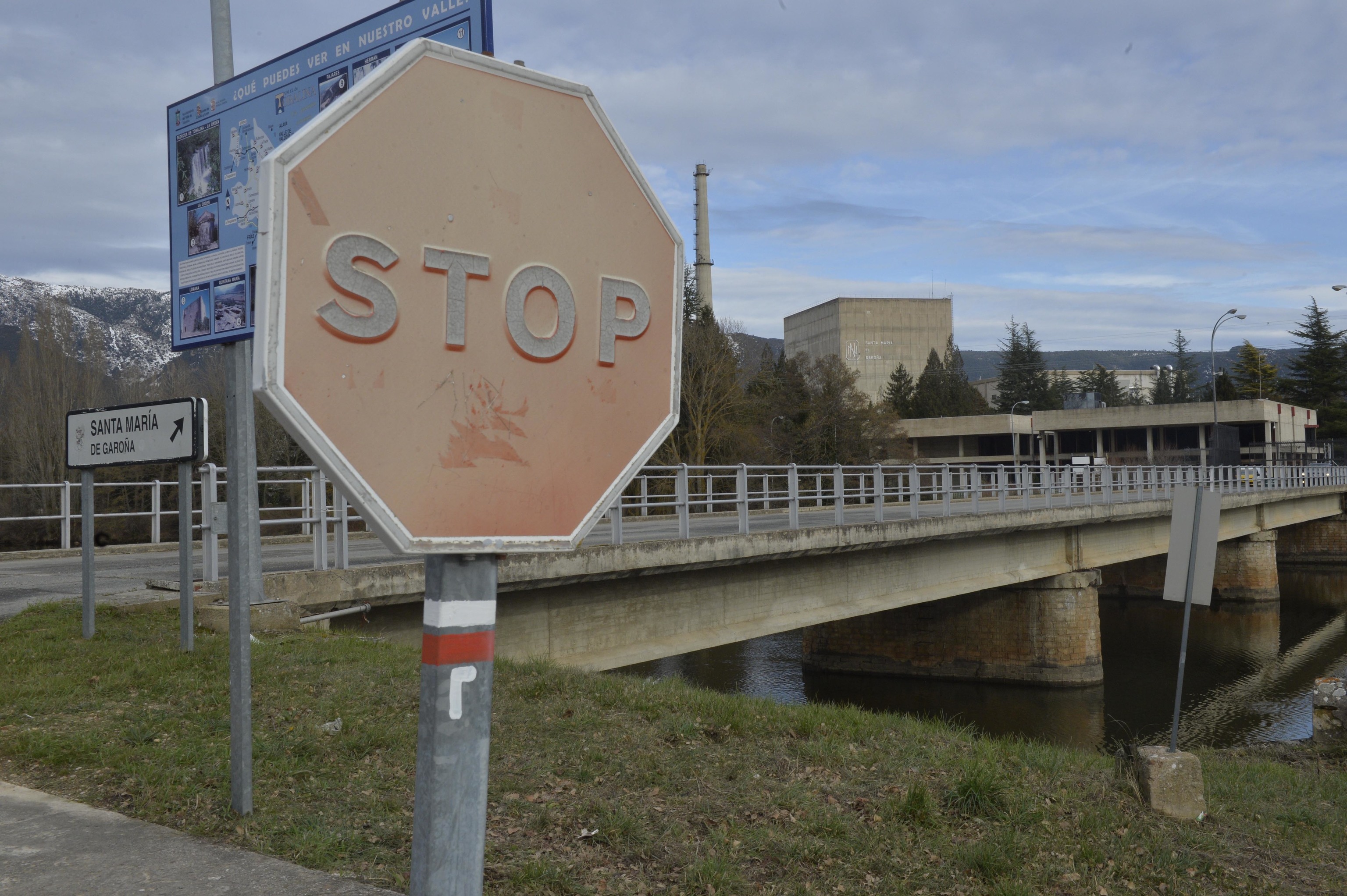Spain Feijóo sends his economic plan to Sánchez without the acronym of the PP: "No other matter is more urgent than working together"
Opinion Inflation, personal income tax and the game of the three errors
A document with a total of 41 pages, in which there is hardly an allusion to the Popular Party, without logos or letterheads, and with a format more similar to an official text that is sent to
Brussels
than to a party plan.
This is how Alberto Núñez Feijóo conveyed to the President of the Government, Pedro Sánchez, his economic proposals to deal with the double crisis that the country is suffering, the increase in prices and the loss of purchasing power of families.
The actions include a powerful fiscal package that the PP affirms would not affect the accounts at all, the resurrection of nuclear power, specific measures to lower the electricity bill and the rationalization of public spending.
New life to nuclear
The economic plan of the PP proposes to give a new life to the nuclear power plants in Spain and "extend the useful life of the reactors" in line with what other European countries are doing.
The measure involves de facto resuscitating a sector that has been condemned to closure by the current government and has a closure and dismantling plan that will last until 2035
The formation led by Alberto Núñez Feijóo believes that this technology must play a key role in the ecological transition as a support for renewable energies, since otherwise it would imply greater gas consumption and therefore greater dependence on countries such as
Russia.
His objective is that the reactors can operate up to 60 years of life -20 more than at present- always under the supervision and approval of
the Nuclear Safety Council (CSN).
A fixed price for annual electricity
Another of the changes proposed by the document advocates changing the formula used to calculate the regulated rate to which 10 million households in Spain are covered, the so-called Voluntary Price for Small Consumers (PVPC).
Feijóo's plan advocates "exploring formulas of fixed rates for a year, and energy prices linked to the forward market and forecast by the regulator as is done in Portugal."
The measure means reversing a mechanism that the PP itself implemented, with Mariano Rajoy in Moncloa, and that has ended up becoming a weapon of political attrition by indexing the domestic bill to the hourly evolution of the wholesale market of the light.
Today this market is trading at historically high levels and has triggered the electricity bill and, with it, inflation.
The PP now considers that it is time to change it, in line with what the large electricity companies are asking for as a solution to the current crisis.
Pedro Sánchez began a review of the model a few months ago, but it was finally buried in a drawer among complaints from consumer associations.
Image of the Santa María de Garoña nuclear power plant. ARABA PRESS
Tax rebates
It is, without a doubt, one of the most relevant parts of the document, in which it is pointed out that "there is a margin of between 7,500 and 10,000 million euros of excess collection".
Using this margin, the PP proposes an emergency and temporary check of between 200 and 300 euros per year for income of 14,000 to 17,000 euros;
a new minimum family and temporary personal income tax that reaches up to 22,000 euros;
or the deflation of personal income tax rates up to 40,000 euros.
Of all these actions, the Minister of Finance of Andalusia and new financial manager of the PP,
Juan Bravo,
made it clear this Friday that the most powerful is the first, while recognizing that the adaptation of personal income tax to inflation would also benefit income tall.
"Although the impact is proportionally greater for low and medium incomes," he clarified, and stressed that a large number of pensioners would be directly benefited by Feijóo's plan.
The PP also proposes actions in Companies, "reducing the rates of diesel for special uses" and also "reducing the VAT tax rate on electricity and natural gas to below 10%".
For this second proposal, two possibilities are suggested: request permission from the Commission to reduce the tax to 4%, which would take longer and would depend on
Europe,
or transpose a directive approved at the beginning of this month that allows a series of of goods.
This option seems faster and more feasible.
To finance all this, the PP argues that
AIReF
estimates that collection will grow this year by 18,000 million, double the 9,000 million forecast by the
Treasury
in the Budgets.
Added to all this is the mobilization of 4,900 million European funds through incentives and tax credits.
The objective is to speed up the execution of projects, although the approval of Brussels would be necessary.
Adding this action to the maximum figure previously mentioned, the fiscal plan is close to 15,000 million.
Eliminate nine ministries
The PP is also committed to simplifying bureaucratic obstacles and efficiency in spending.
And within that chapter, the PP requires the Executive to apply to itself the income pact that it asks of the workers.
That they form part of that process to set an example and that they begin to do so by reducing the large number of ministries that exist.
"Participate in the income agreement, in the sacrifice, and if your structure is a bit oversized, which it is, participate in this," explained Bravo, and the document adds that "public spending would be reduced significantly by addressing a new configuration in the structure of the Government, where a significant decrease in ministries would be desirable, going from the current 22 to a new organic structure similar to that of a few years ago».
The one from a few years ago is the one that the Rajoy Executive had,
Conforms to The Trust Project criteria
Know more
Nuclear energy
Alberto Nunez Feijoo
PP

